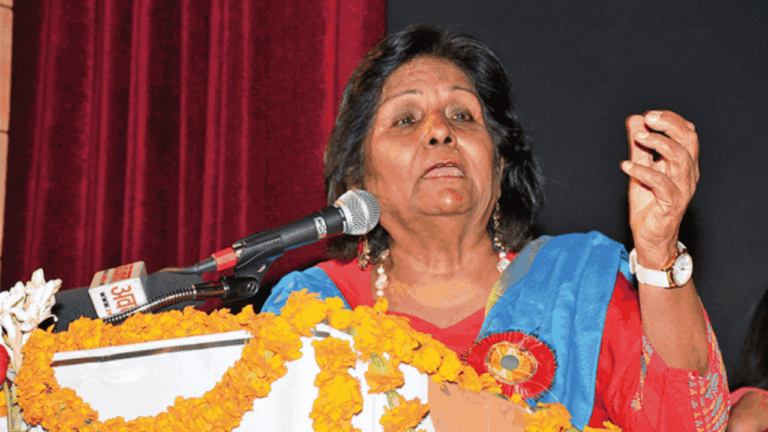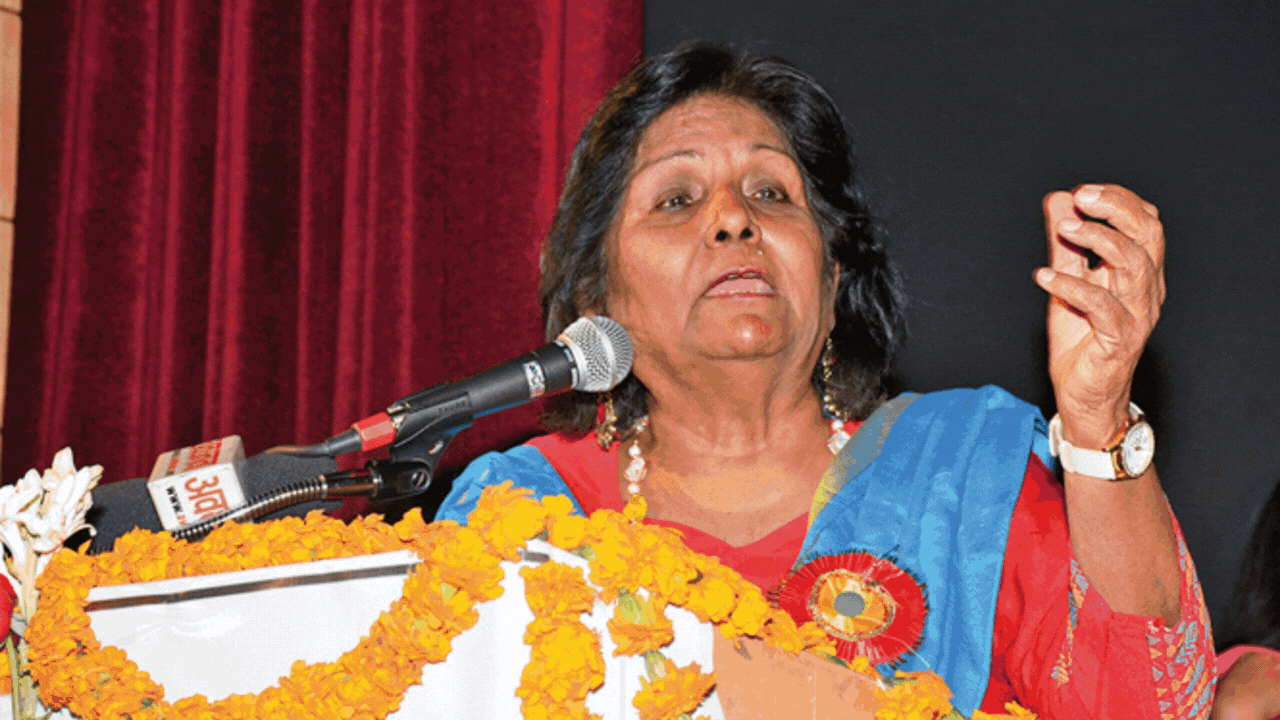
[ad_1]
These are the lines from a popular rendition of a classical scholar, philosopher, and critic of culture, Friedrich Nietzche. Originally written in German, these philosophical moorings could break the shackles of linguistic barriers and influence generations of writers and artists across the world only through the subtle and shadow art of literary translation.
While the legacy of Nietzche and his literary genius endures, the efforts of the literary translators to help great ideas travel across seas and influence is shrouded in obscurity.
A similar fate is shared by an array of Lucknow-based literary translators who ventured into the field with the burning passion to enrich the literary field with their contribution. These unsung heroes are the torchbearers of this odd art that aims at globalisation of literary thoughts.
Amid the apparent nonchalance towards their art and its struggles in a world where the habit of reading is plummeting, these literary translators still persevere.
“Translation serves and enriches both the languages — the original one in which a literary text was written by the author and the other in which it is translated. It establishes a link between two cultures and thinking patterns and thereby promotes the concept of ‘vasudhaiv kutumbkam’. Sadly, those who get into this field face challenges and biases. And yet they persevere,” says an ex-professor of Lucknow University and a Russian language expert Sabra Habib.
Habib is known to have translated works of authors such as Fyodor Dostoevsky, Leo Tolstoy, and Aleksandr Pushkin, among others.
Artists without a stage
The art of translation has been best described by American author and movie director Paul Auster. “Translators are the shadow heroes of literature,” he says.
Translators not only have to juggle with the intricacies of the languages but also get inside the skin of the author to feel their thought process so as not to distort the author’s intent.
How else can we expect to read translated novels of German existentialist author Franz Kafka or Russian author Fyodor Dostoevsky whose works are profoundly esoteric and layered with deep symbolism?
Literature and literary translation are inextricably intertwined. Essentially, writers create a piece of fiction or poetry that is seeded in the social, economic, and cultural reality of their land and projects a generalization upon the world. The translators’ job is to bring the piece out of its linguistic shell and make it global.
Their work often entails much more than rendering sentences and syntax from one language to another. It requires the sophisticated art of keeping the precision and the ambiguity of the original text intact.
“Translation is the art to understand in what context a phrase is used in one language and what is its best expression in the one we are translating it into,” says Hungarian language expert and poet Indukant Angiras.
Another aspect of translating prose or poetry is choosing the right style that resonates with the original rhythm and tonality of sentences. The detailing boils down to the choice of a single word that nudges a sentence in a particular direction and ensures that the vitality of the central idea is not lost.
Lucknow-based German language expert Shipra Chaturvedi recalls the pain and effort it took to translate a small piece of prose by Franz Kafka titled ‘The New Attorney’.
“Kafka’s work is profoundly layered and laced with symbolism. He uses the analogy of Alexander’s horse to describe the existentialist crisis of the new attorney who has come to the bar. At times it took hours, and even a day, to translate just one line. I had to do research on Alexander’s horse and the use of the horse as a psychic symbol in Jewish theology. Mere German to Hindi translation would make it sound really gibberish and would be a disservice to Kafka,” she says.
While translators have to read between the lines, master the phrases and idioms of different languages, and play the role of a boatman connecting two different cultural shores, there’s another paradox they need to battle: get into the writers’ skin but not become one in the process.
“When I was translating Dostoevsky’s ‘Crime and Punishment’ and expressing the reflections of a convict on law and order, I had to feel the ordeal of the author and his cultural conditioning. But at the same time, I had to remind myself that it is not my idea and restrict it from bleeding words as they come to mind,” Habib adds.
A thorny path
Literary translators transport us to different worlds and make it possible for different cultures to talk to one another. But obscurity is their fate. The little recognition they get within their narrow circle is overshadowed by the struggles they face.
“We get into this for passion. Then passion becomes a habit and eventually, you end up bridging the gap between two cultures. And by doing so, we enrich the literature of both languages. But we never get that kind of honour,” Chaturvedi laments.
Chaturvedi’s predicament is not uncommon. And the nonchalance of publishers exacerbates the situation.
“You keep running with your script but hardly anybody shows interest, particularly if a translation is in Hindi. Hindi readers are not exposed to different thoughts and ideas from other parts of the world, or even India. So, publishers don’t find a scalable market. Also, many don’t understand why it (translation) is needed in the first place,” Angiras adds.
Most translators agree that taking this tedious art as full-time engagement does not pay bills. Many lament that they fail to commit to it completely. Some opt for academia and others even for bureaucracy.
Aditi Yadav, a Lucknow-based bureaucrat with the Ministry of Road Transport and Highways (MoRTH), has to strike a balance between her demanding job of bureaucracy and her thirst for literature and translations.
In the morning, she dons the hat of a technocrat, at night her creative wings flutter and she translates Hindi classics into English.
“It’s like living two lives. And you can pursue it only for pure passion and I wanted to keep it that way only,” she adds.
Another challenge that translators face is the lack of literary criticism. While the works of authors are routinely reviewed and critiqued, the same is not the case with the translation. Even if some reviewers are generous enough, they make fleeting mention of translation, and the translator, as an afterthought.
Pramod Ranjan, a journalist and author, who has translated works of Periyar EV Ramasamy from Tamil to Hindi, feels that despite being an integral part of the literature, translation has not enjoyed enough patronage from the literary world.
“Lack of tools and style guides makes it a lonely art. When I translated Periyar’s book on Ramayana, I faced a lot of challenges in getting it right. For instance, various tribal communities have certain deities that are neither gods nor their avatars nor are they humans. There is no word in Hindi to encapsulate that. This comes as a major challenge,” Ranjan points out.
The course ahead
Despite challenges, there is a ray of hope in the post-pandemic world. Many translators are taking to social media to promote their work. Others are reviewing translations and sharing their nuggets of wisdom on the art.
“We are directly reaching out to the audience and hoping that it will also find its watershed moment,” Angiras says.
“There should be more seminars and festivals that bring translators to the forefront,” Ranjan suggests.
[ad_2]
Source link
